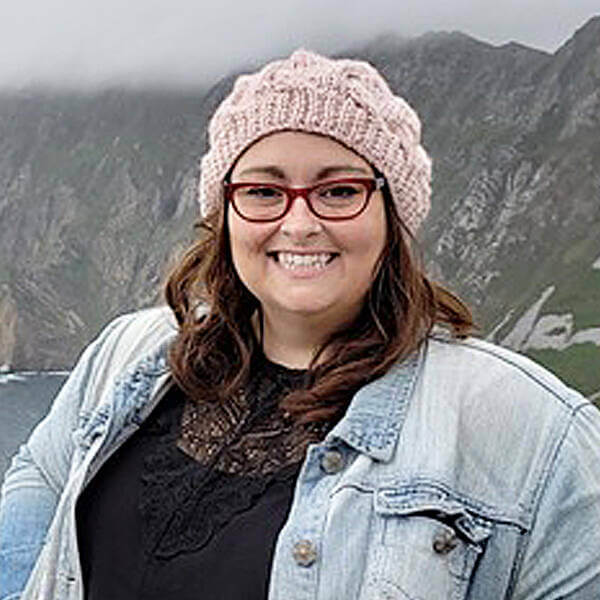Taking responsibility for the conversation
February 9, 2021
I see more of an interest from our students in having conversations around race, and I see that in my Moreau class as well. I see there's more, and I think certainly like the Black Lives Matter movement is so important in encouraging more activism. But then I also, you juxtaposed that with now we also have COVID. And I think there could be some hesitancy around, or not, hesitancy is not the right word probably, but some challenges to kind of coordinate bigger efforts and things like that around, with COVID and just trying to keep our campus safe, especially with numbers rising and things like that. So I think there's an interest in it, but it seems to be on a small, still maybe a smaller scale in some ways, like those conversations that happen in the classroom and I only have one classroom and it happens to be Moreau, which is probably more geared to that type of conversation than many other classrooms, right? So I think there's interest around conversations and maybe some gaps in kind of starting some of those conversations too.
Race is everyone's conversation, and the fact of the matter is I think people who, people of color are exhausted, I think. You know I don’t want to paint with broad strokes, but when, again it goes back to, like I can speak to my own privilege. I can go days and I don’t have to think about race because I’m in a majority group, right? And so the onus is on me to not go days without thinking about race, because if I was a person of color, I wouldn't be able to do that. And so I think we have to just recognize that and, you know, then if it's uncomfortable for people in the majority group - for White people to have this conversation - get over the discomfort in some ways, right? And I don't mean to say that in a like, joking way, because that is a challenge. I get that, but try to get over it one way or the other.
It's going to be challenging maybe to get over that, but we got to get over that and start having those uncomfortable conversations. Paige Jackson, I think, does a beautiful job of starting conversations particularly with white people around race. And she has this great line that I've heard her say a couple of times of like, “Okay, let’s just agree that in this space, it’s okay to say it messy. It’s okay to not know the exact right words and I’ll help you with that language. But what's most important is that you're engaging in dialogue”. And so I think having those conversations, helping especially our students in Moreau or residents in the hall, kind of learn to have those conversations, and then not put the onus on people of color to be leading or sharing their experiences - experiences of real trauma that they might not be ready to share if they're ever ready to share and especially in a room of mostly White people. That’s not fair to be asking. And so, you know, if people are willing to share, then their feedback is really welcome, but I don't think it should be, what's the word? It shouldn't be assumed or required.

Amanda Springstead
Amanda Springstead is the rector of Johnson Family Hall.